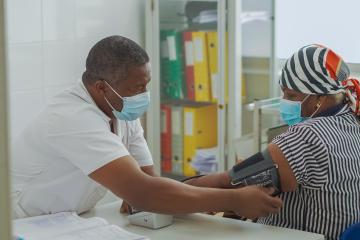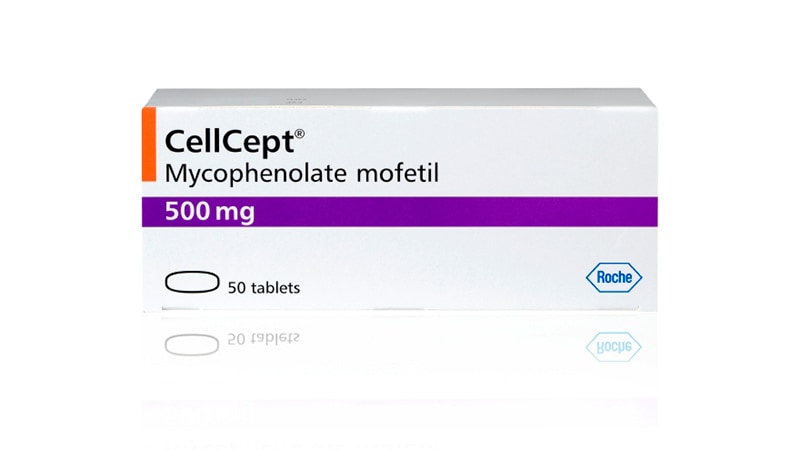WASHINGTON, Aug. 22, 2022 — Agriculture Secretary Tom Vilsack announced details of the U.S. Department of Agriculture’s (USDA) $300 million investment, including with American Rescue Plan funds, in a new Organic Transition Initiative that will help build new and better markets and streams of income for farmers and producers. Organic production allows producers to hold a unique position in the marketplace and thus take home a greater share of the food dollar.
According to the USDA National Agricultural Statistics Service, the number of non-certified organic farms actively transitioning to organic production dropped by nearly 71 percent since 2008. Through the comprehensive support provided by this initiative USDA hopes to reverse this trend, opening opportunities for new and beginning farmers and expanding direct consumer access to organic foods through increased production.
The initiative will deliver wrap-around technical assistance, including farmer-to-farmer mentoring; provide direct support through conservation financial assistance and additional crop insurance assistance, and support market development projects in targeted markets.
“Farmers face challenging technical, cultural, and market shifts while transitioning to organic production, and even during the first years after successful organic certification,” said Vilsack. “Through this multi-phased, multi-agency initiative, we are expanding USDA’s support of organic farmers to help them with every step of their transition as they work to become certified and secure markets for their products.”
USDA’s Agricultural Marketing Service (AMS), Risk Management Agency (RMA) and Natural Resources Conservation Service (NRCS) are the primary agencies supporting the Initiative, which will focus on three areas.
Transition to Organic Partnership Program
Through this initiative, USDA aims to ensure that farmers transitioning to organic have the support they need to navigate that transition, including a full supply chain to American consumers who demand organic choices in their supermarkets daily. AMS will build partnership networks in six regions across the United States with trusted local organizations serving direct farmer training, education, and outreach activities. The organizations will connect transitioning farmers with mentors, building paid mentoring networks to share practical insights and advice. Each regional team will also provide community building, including train-the-mentor support; as well as technical assistance, workshops, and field days covering topics including organic production practices, certification, conservation planning, business development (including navigating the supply chain), regulations, and marketing to help transitioning and recently transitioned producers overcome technical, cultural, and financial shifts during and immediately following certification. USDA will provide up to $100 million for this program.
Direct Farmer Assistance
NRCS will develop a new Organic Management conservation practice standard and offer financial and technical assistance to producers who implement the practice. Payments will be modeled on those already available to producers meeting the existing nutrient and pest management conservation practice standards. USDA will provide $75 million for this effort. This will include an increase in organic expertise throughout its regions, creating organic experts at each of its regional technology support centers. These experts will train staff who provide direct services to USDA customers. These services include hosting hands-on organic training for state and field NRCS staff and fielding organic-related staff questions.
USDA will provide $25 million to RMA for the new Transitional and Organic Grower Assistance Program (TOGA) which will support transitioning and certain certified organic producers’ participation in crop insurance, including coverage of a portion of their insurance premium.
Organic Pinpointed Market Development Support
Stakeholders have shared that specific organic markets have market development risks due to inadequate organic processing capacity and infrastructure, a lack of certainty about market access, and insufficient supply of certain organic ingredients. This AMS initiative will focus on key organic markets where the need for domestic supply is high, or where additional processing and distribution capacity is needed for more robust organic supply chains. Examples of markets seeking support include organic grain and feed; legumes and other edible rotational crops; and livestock and dairy. USDA will invest up to $100 million to help improve organic supply chains in pinpointed markets. The Department will seek stakeholder input on these pinpointed initiatives beginning in September, resulting in an announcement of specific policy initiatives later this year.
Other USDA Organic Assistance
This USDA initiative complements existing assistance for organic producers, including FSA’s Organic Certification Cost Share Program (OCCSP) and Organic and Transitional Education and Certification Program (OTECP). OCCSP helps producers obtain or renew their organic certification, and OTECP provides additional funding to certified and transitioning producers during the pandemic.
NRCS offers conservation programs, such as the Environmental Quality Incentives Program (EQIP) and the Conservation Stewardship Program (CSP), which can provide assistance to help with managing weeds and pests, and establishing high tunnels, improving soil health, and implementing other practices key to organic operations. RMA also administers federal crop insurance options available to organic producers, including Whole Farm Revenue Protection and Micro Farm.
The National Organic Program (NOP) is a federal regulatory program, administered by AMS, that develops and enforces consistent national standards for organically produced agricultural products sold in the United States.
USDA touches the lives of all Americans each day in so many positive ways. Under the Biden-Harris Administration, USDA is transforming America’s food system with a greater focus on more resilient local and regional food production, fairer markets for all producers, ensuring access to safe, healthy, and nutritious food in all communities, building new markets and streams of income for farmers and producers using climate-smart food and forestry practices, making historic investments in infrastructure and clean energy capabilities in rural America, and committing to equity across the Department by removing systemic barriers and building a workforce more representative of America. To learn more, visit usda.gov.
#
USDA is an equal opportunity provider, employer, and lender.
Note: This article have been indexed to our site. We do not claim legitimacy, ownership or copyright of any of the content above. To see the article at original source Click Here













